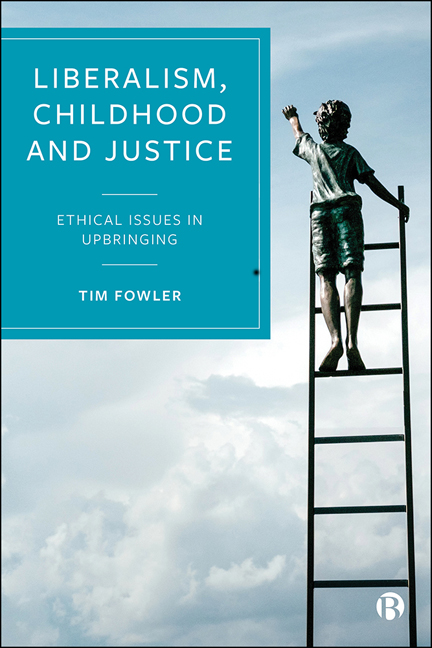13 - Children’s Distributive Outcomes: Equality of Opportunity?
Published online by Cambridge University Press: 25 February 2021
Summary
In this chapter I discuss equality of opportunity, specifically applied to the provision of schooling. The ideal of equalizing opportunity has immense importance in contemporary discourse and is embraced by figures across the political spectrum. In broad terms the principle requires that all children should have access to equally good schools and other educational opportunities and resources, and that laws and policies should aim to ensure that jobs and university places are not distributed preferentially to privileged social groups.
Recent research has shown that far from levelling the playing field, liberal societies are becoming more unequal in this respect. The current trend is a growing disparity between the economic outcomes of advantaged children relative to poorer ones. Thomas Piketty (2014: 22) finds that the proportion of wealth gained by inheritance has soared to a level not seen since the 1920s. Similarly, Robert Putman (2015: 190) shows that having wealthy parents is a better predictor of getting in to an elite college than doing well in early-year tests. However, despite seemingly widespread acceptance in public discourse, the theoretical literature has become increasingly critical of equalizing opportunity and has argued that it ought to be abandoned in favour of different (and weaker) distributive principles. In this chapter I show that these challenges must be rejected. I demonstrate that equality of opportunity matters because it promotes children's agency and relations of equality between children. In unequal societies, accidents of birth do far too much to determine a child's later life's course. While in Chapter 3 I rejected equality as the ultimate aim of distributive justice, in this chapter I argue that economic justice for children requires strongly egalitarian principles.
FEO and levelling down
The most theoretically developed conception of equality of opportunity is Rawls’ ‘Fair Equality of Opportunity’ (FEO), which requires that ‘those who are at the same level of talent and ability, and have the same willingness to use them, should have the same prospects of success regardless of their initial place in the social system, that is, irrespective of the income class into which they are born’ (1999: 73). Society must neutralize, or powerfully mitigate, the effects of all social factors which influence a person's chances of getting a specific job.
- Type
- Chapter
- Information
- Liberalism, Childhood and JusticeEthical Issues in Upbringing, pp. 149 - 158Publisher: Bristol University PressPrint publication year: 2020



